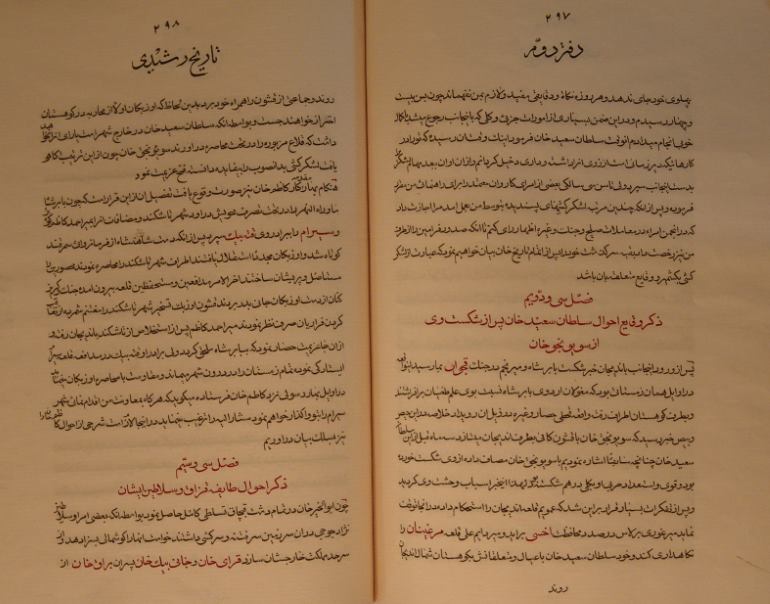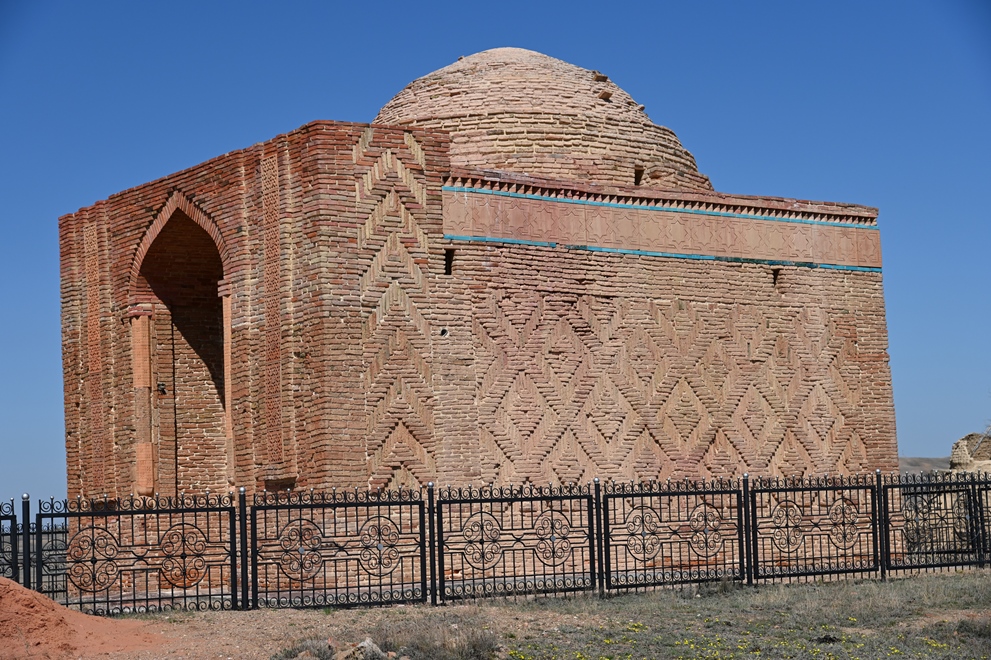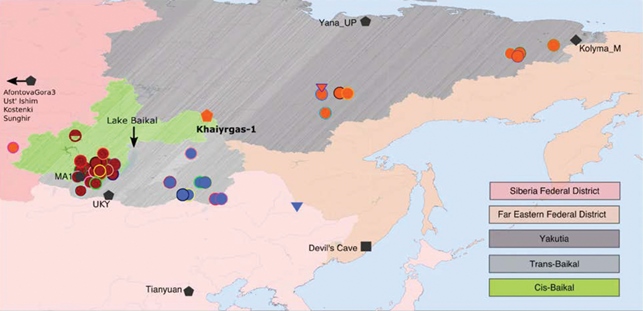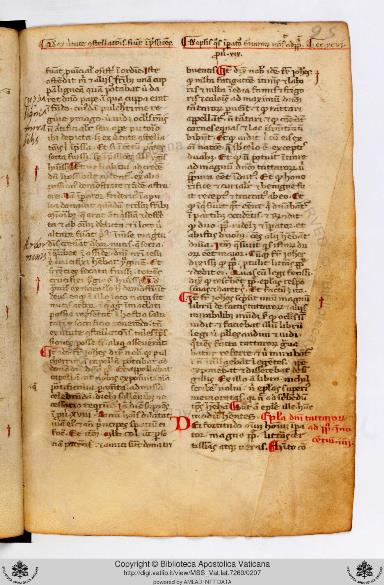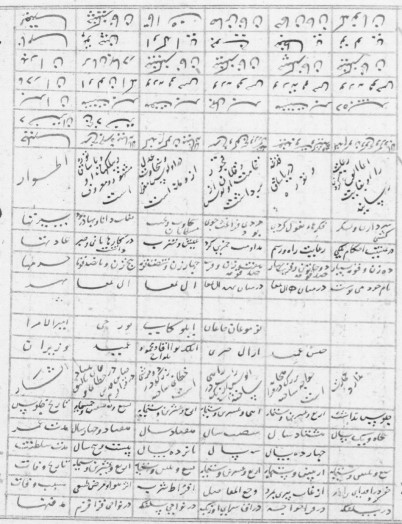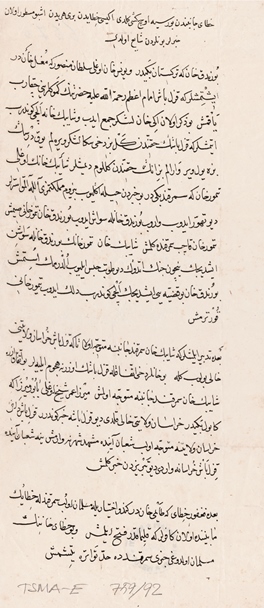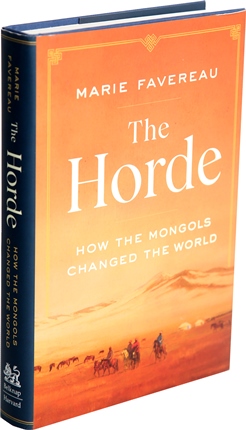Vol. 1 No. 4 (2023)
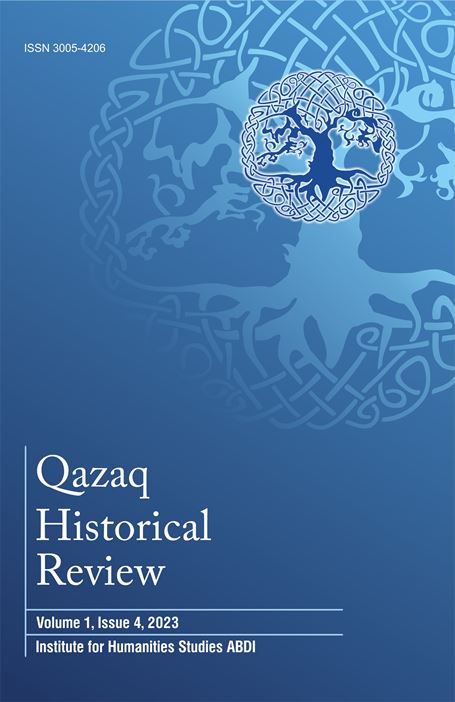
In its search for new guidelines for the emerging identity and national idea, modern Qazaqstan increasingly appeals to the experience of its medieval history. This direction becomes relevant and socially significant in new historical narratives dedicated to the process of cognition of the historical past. The legacy of the Golden Horde and its influence on Qazaq history and statehood occupy a particularly important place in the new national history writing. Public consciousness forms a stereotype about the deliberate distortion of the “true history” of the Golden Horde in previous eras and especially during the Soviet period. This makes it necessary for a modern rethinking of this stage of national history. This rethinking is embodied in the organization of anniversary events on a national scale, dedicated to the 750th anniversary of the Golden Horde (Ulugh Ulus) in 2019 and the 800th anniversary of the formation of the ulus of Jochi in 2024. According to the country’s president, Kassym-Jomart Tokayev, the Qazaq people are the direct heirs of the Golden Horde, which constitutes an important link in the cultural code of the Qazaqs. Such anniversary events are designed not only to consolidate society, but they should contribute to more in-depth scholarly research and the formation of academic traditions. Rational scholarly cognition of the past, free from ideology and myth-making, is the most important condition for an objective study of this past. Also, world scholarly experience in studying the history of the Golden Horde and the entire medieval period is important. Based on this, the editorial board of the academic journal “Qazaq Historical Review” and the team of the Institute for Humanitarian Research ABDI dedicated the current issue (4, 2023) to new research in the history, source study and historiography of the medieval history of Qazaqstan and Eurasia. Leading modern historians from Qazaqstan, Canada, the Russian Federation, the United States of America, Ukraine, Finland and Japan are invited as authors. Qazaq historian Nurlan Atygayev explores the features of Qazaq-Qalmaq relations in the 16th century. An article by Moscow professor Alexander Kadyrbaev outlines a broad panorama of events during the era of the “Great Migration of Peoples.” Ukrainian researcher Vladyslav Gulevych reconstructs the history of the little-known and mysterious embassy of the Golden Horde’s Khan, Mengu Timur, to the Bohemian king Přemysl II Otakar. Canadian historian, Dr. Joo-Yup Lee, continues to study the Qazaqlïq phenomenon. Qazaq-American professor Uli Schamiloglu shows the impact of the bubonic plague epidemic, known as the “Black Death,” on the political crisis in the Golden Horde. The “Publications” section contains new annotated translations of sources from Latin (article by Roman Hautala), Persian (article by Hiroyuki Nagamine) and Turkish (article by Ilias Mustakimov and Qanat Uskenbay) languages. The issue ends with a review of two new books by Joo-Yup Lee and Marie Favereau



